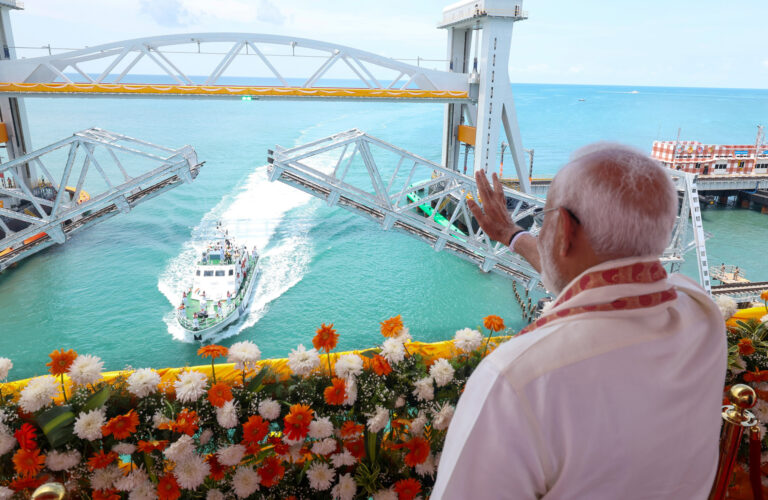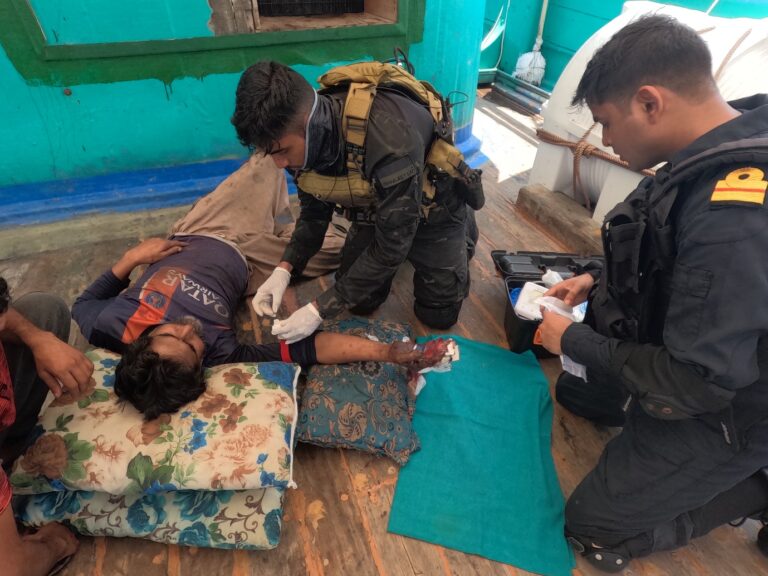
Geneva: The initial expectations of a double-digit contraction of global trade proved to be over-pessimistic, says United Nations Conference on Trade and Development (UNCTAD)’s COVID Report 2022 published today..
Global trade declined by about $2.5 trillion in 2020 (or about 9% relative to 2019), but strongly rebounded, reaching a record high of about $28.5 trillion in 2021, equivalent to an increase of about 13% relative to pre-pandemic levels. But major differences emerged at regional and country levels. Exports of poorer countries rebounded considerably less during 2021, UNCTAD found.
Global value chains also proved resilient despite announced plans for reshoring and reconfiguration. The restructuring of global production processes has been less than initially expected. Efficiency and cost reduction strategies continue to remain the paramount objective of global firms, the report says.
Fuelled by increasing global demand, shipping also recovered more rapidly than expected. In 2021, maritime shipments expanded at 3.3%, and for 2022, growth is projected at 2.6%. The swift recovery of trade in 2021 exacerbated supply chain pressures and put immense strain on the reliability of shipping services. This was reflected in soaring freight rates and surcharges, port congestion, increased delays, equipment shortages and less service to less lucrative ports.
According to UNCTAD’s simulation model, a sustained surge in freight rates can lead to an increase in global consumer prices of 1.6 % in 2023.
The report notes that official development assistance to developing countries reached a new high of $178.9 billion in 2021, driven by vaccine donations and another COVID-19-related financing. But pre-existing needs of recipient countries are also growing due to the consequences of economic shocks. Fiscal support measures have increased public debt in many developing countries to unsustainable levels. The Debt Service Suspension Initiative should be extended, UNCTAD recommends. It underscores that debt vulnerability has not received adequate attention and requires a more ambitious policy agenda.
The report also says that while COVID-19 has led to a surge in digital transformation around the world, widening gaps have hindered many people from harnessing the opportunities in the digital economy.
Drawing on all its analyses since the beginning of the pandemic, UNCTAD says this may be a once-in-a-lifetime opportunity to remake society for a better future. “While the COVID-19 pandemic is not yet over, it offers valuable lessons that can help the world respond better to other crises,” it says.
The report details how the pandemic has exposed the weaknesses in the structure of the international social and economic order. The COVID-19 pandemic has not only shown how interconnected the world is but also revealed the deep inequalities that exist between countries in many dimensions. It has laid bare inequalities in countries’ capacity to mobilize resources to deal with and recover from the crisis, give social protection to those most severely affected, offer vaccines to the billions who need them and provide health coverage for all.
The report further says both international trade and investment agreements have compulsory licensing provisions to override intellectual property rights in emergencies. But during the past two years, no company has been granted a compulsory license to make a COVID-19 vaccine, highlighting the need to further enhance international cooperation during emergencies.
UNCTAD says the world must urgently address these inequalities to avoid a lost decade for developing countries and stay on track towards the UN Sustainable Development Goals.“Today, as the major health risks of COVID-19 seem to be receding and a major cost-of-living crisis hits the global economy, it is important to look back at the COVID-19 crisis and learn from it to be better prepared for the future,” said UNCTAD Secretary-General Rebeca Grynspan.
The pandemic, the report says, has underlined that building the resilience of the global system to shocks and protecting the most vulnerable is a shared responsibility and the only feasible way forward.
– global bihari bureau





